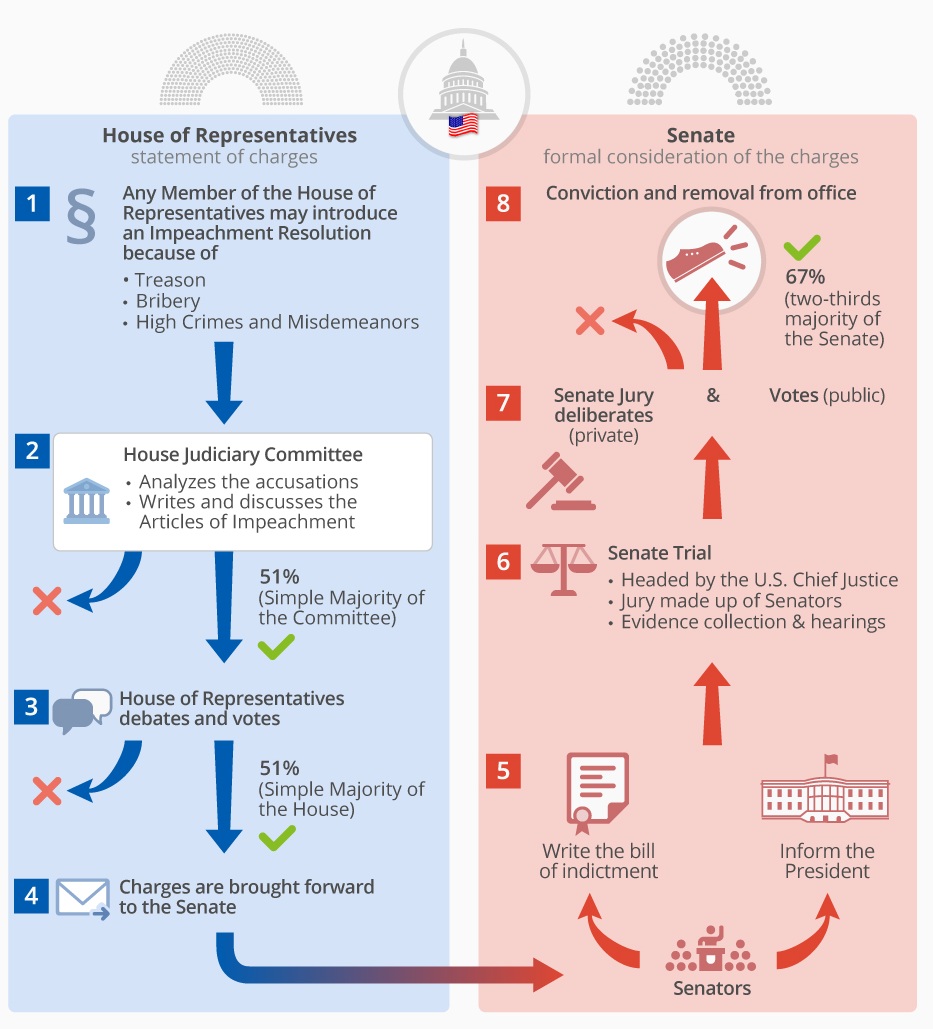7667766266
enquiry@shankarias.in
Why in news?
What are the grounds for impeachment?
How is impeachment carried out?

What is the proof of wrongdoing?
What is the Supreme Court's power?
Had there been successful impeachments before?
What are the present chances of impeachment?
Source: Indian Express